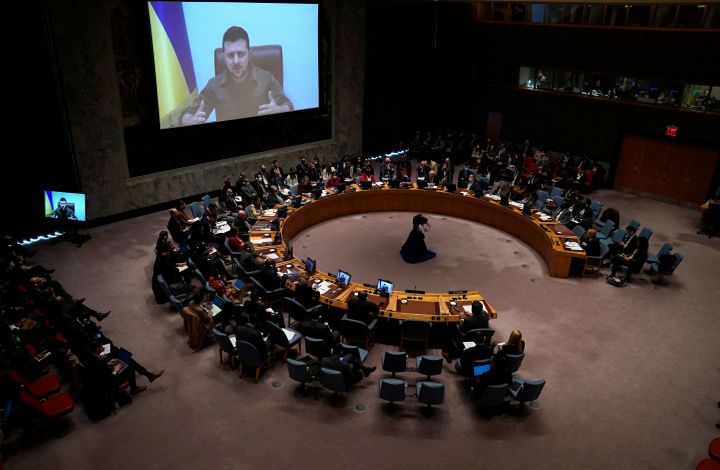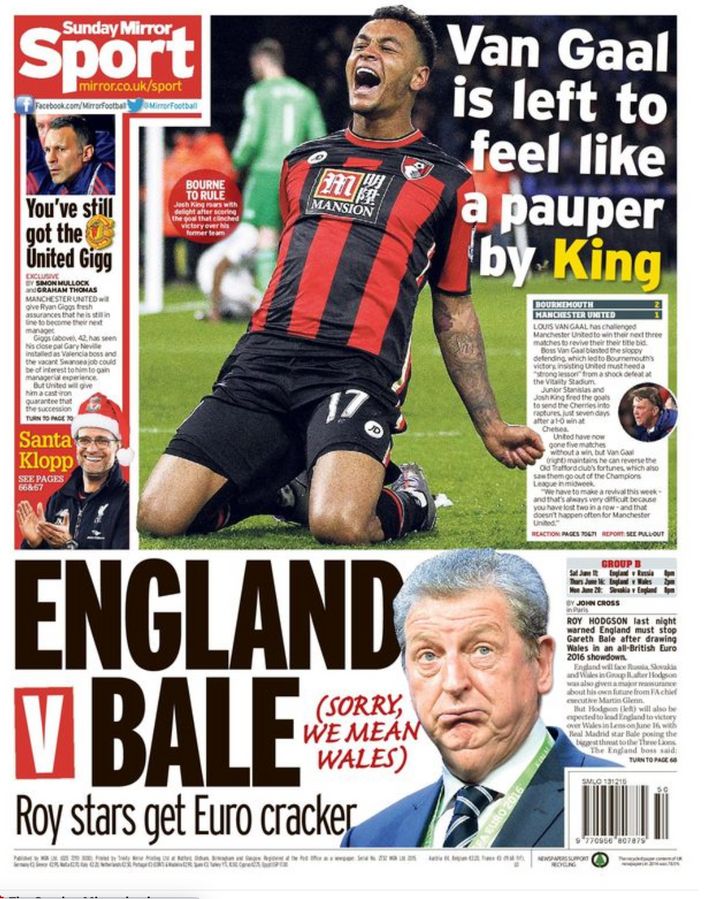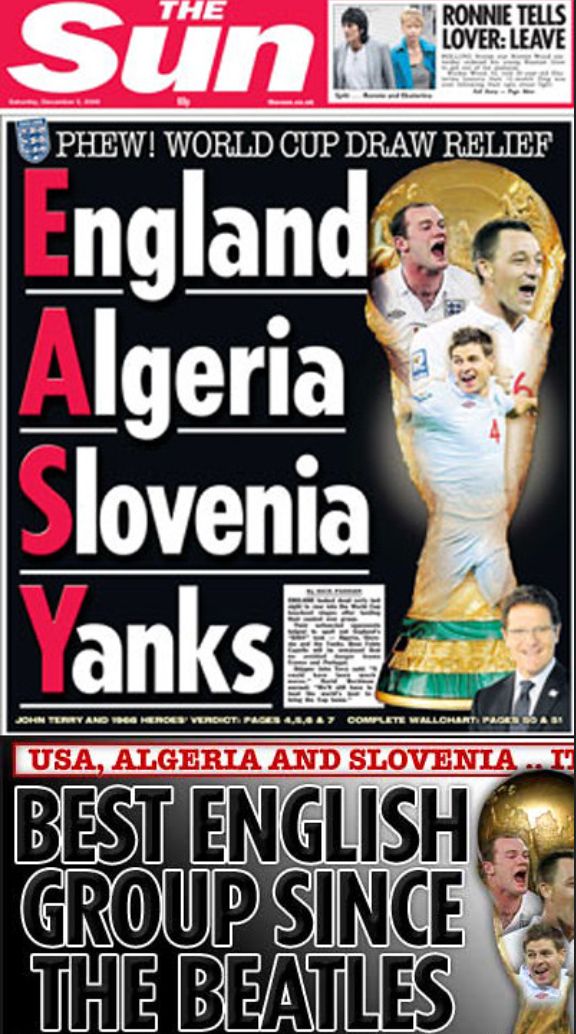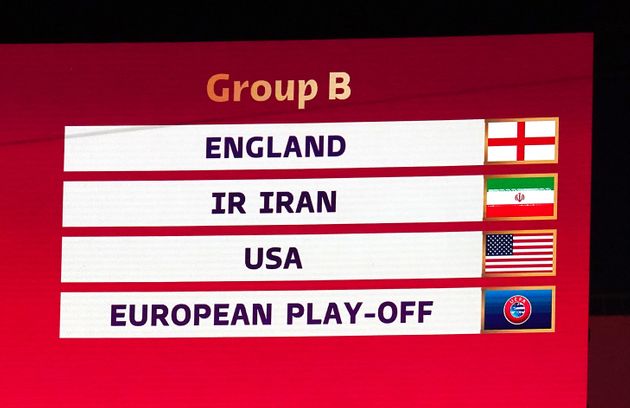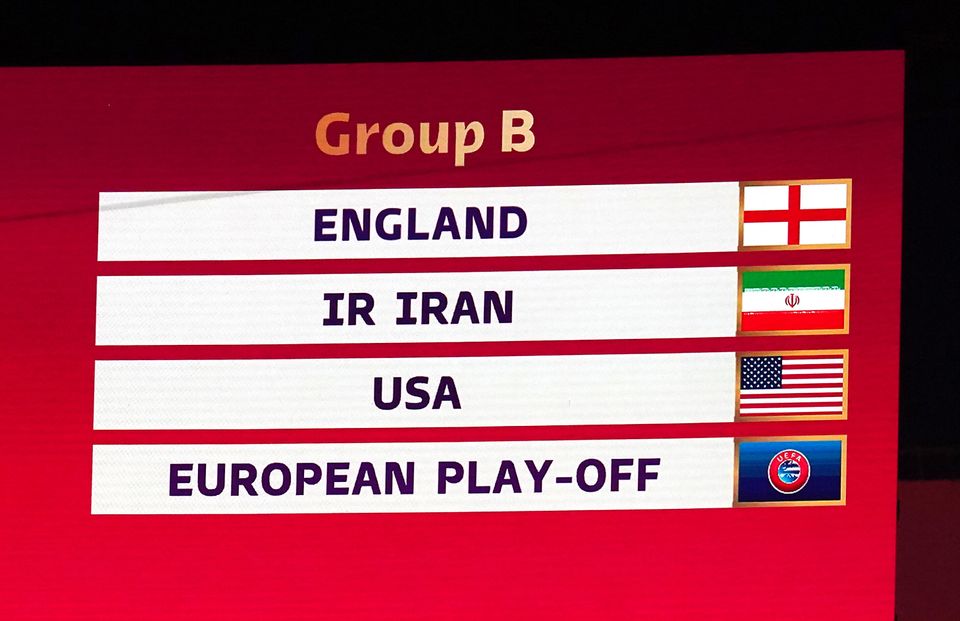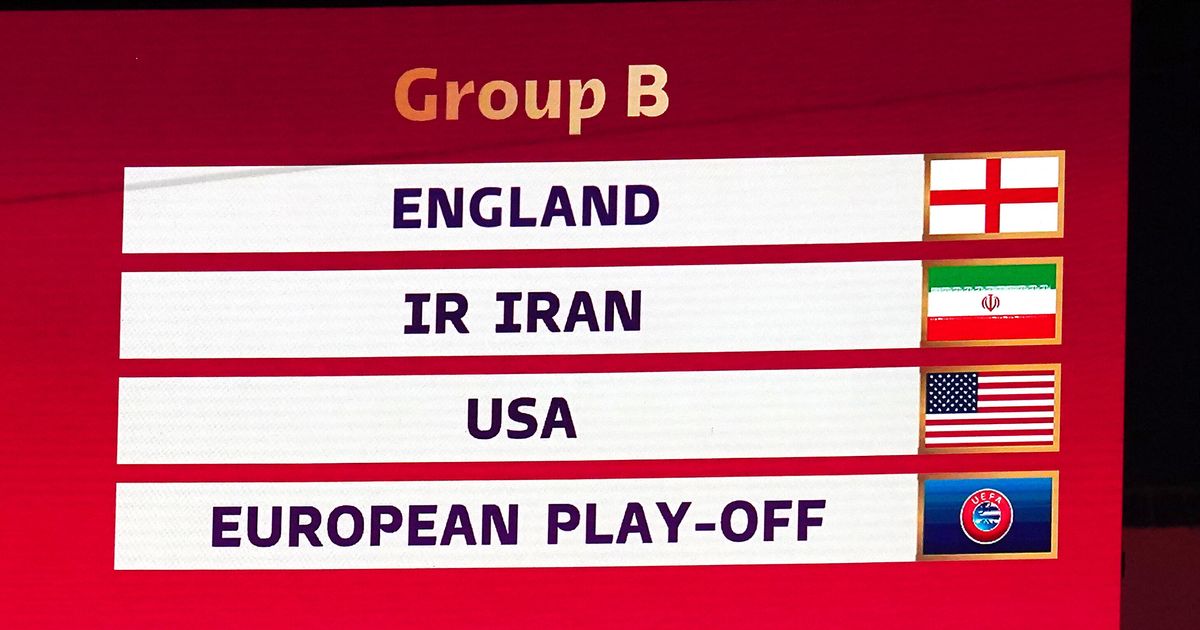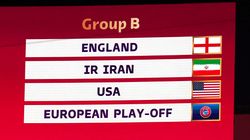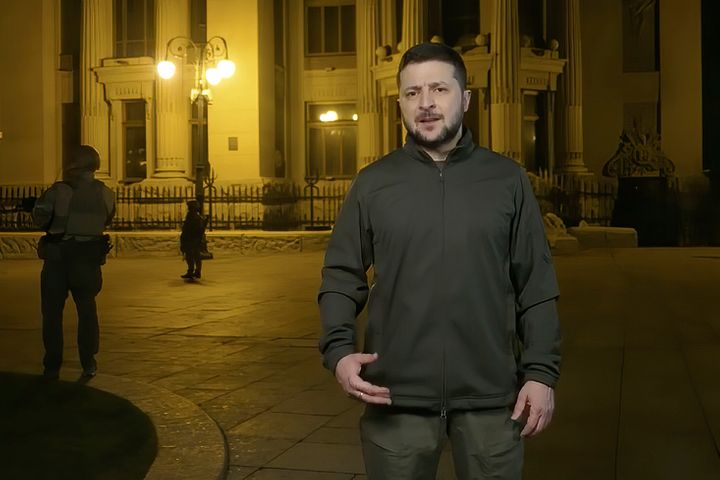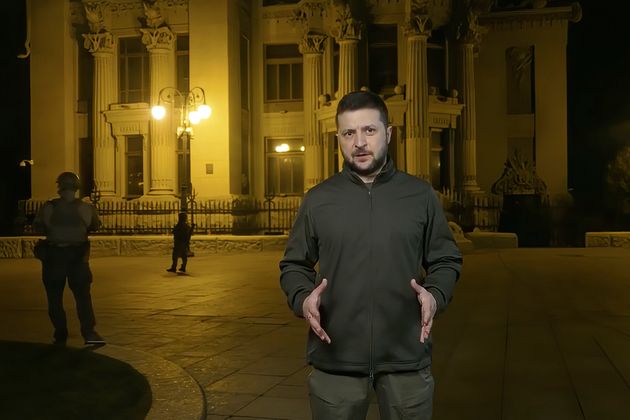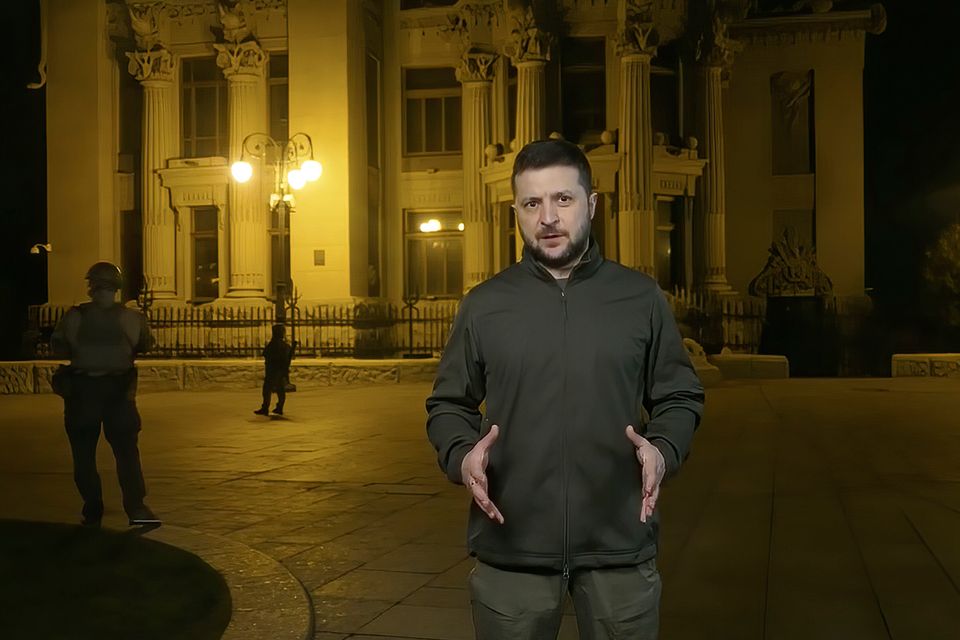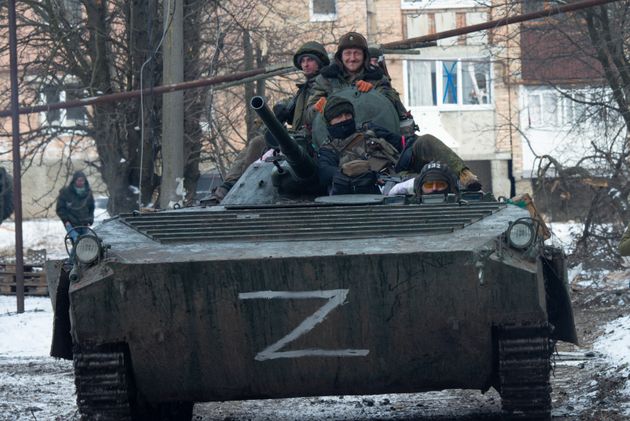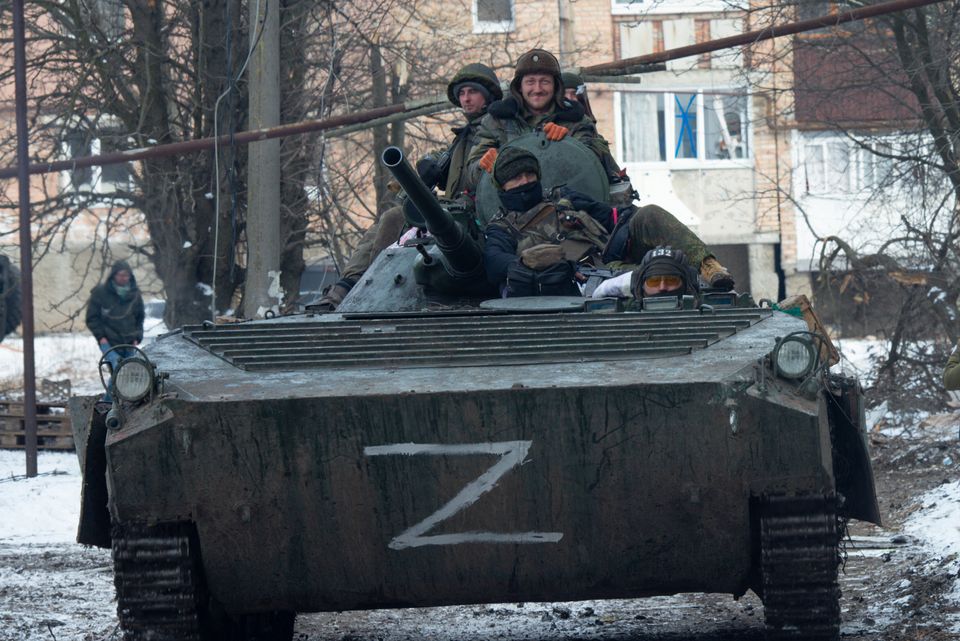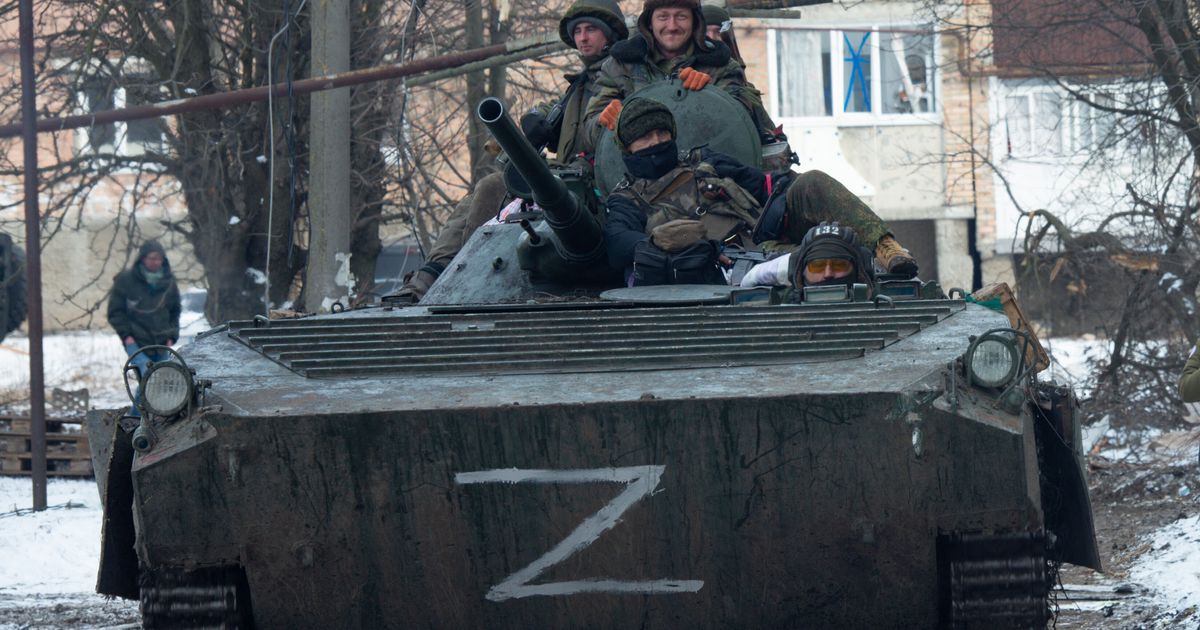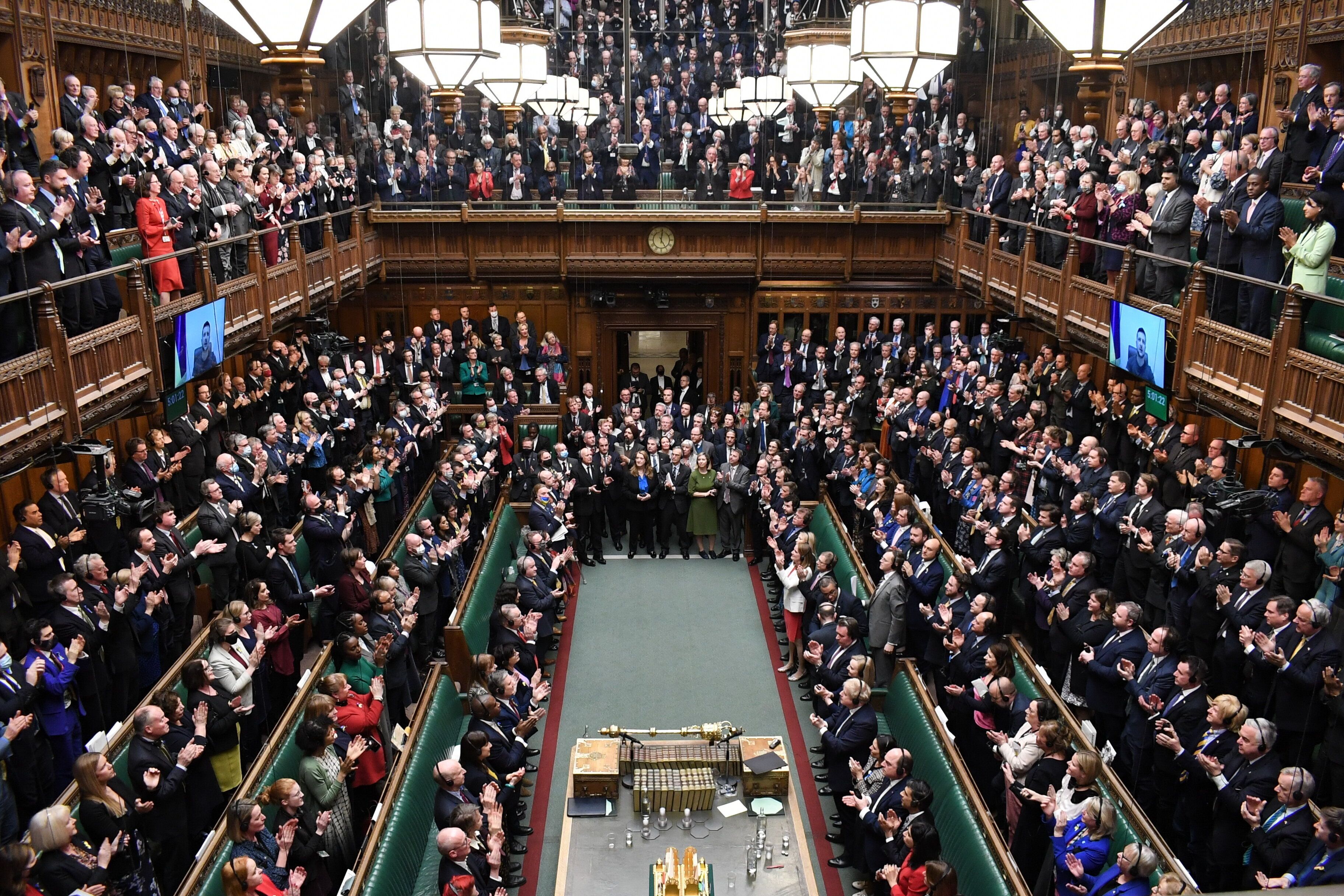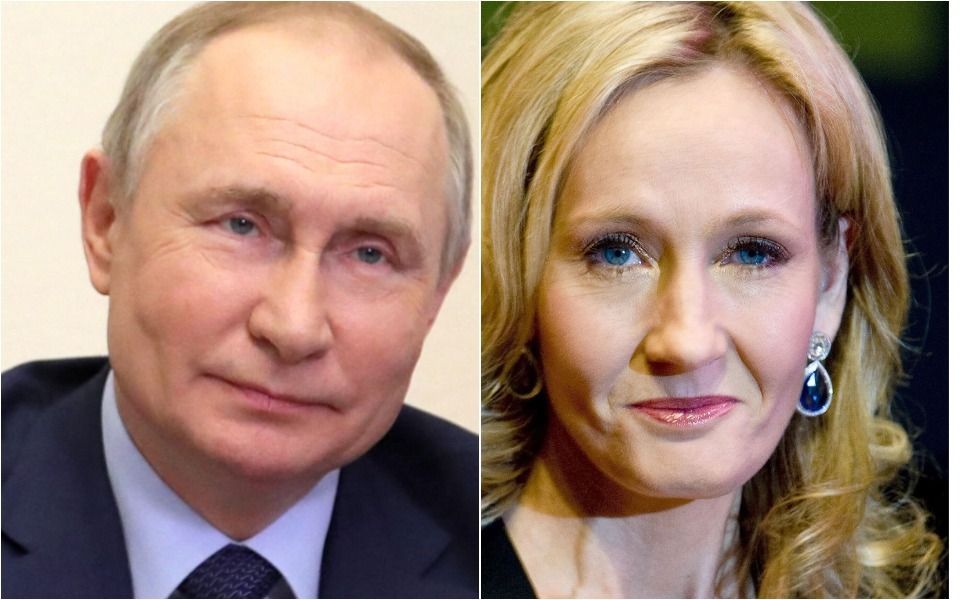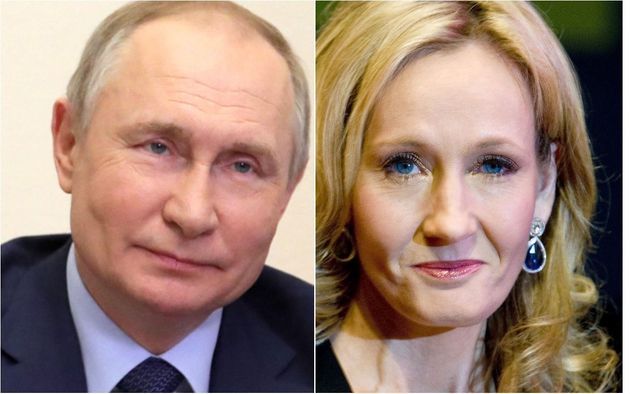
Nuclear and offshore wind power are at the heart of the government’s long-awaited energy strategy that has been given added weight by the cost of living crisis and the war in Ukraine.
Ministers are promising “cleaner and more affordable energy” – but the plan has been criticised for being cool on the expansion of onshore wind given its unpopularity in rural Tory heartlands.
Advertisement
Central to the thinking behind the plan is to reduce the UK’s dependence on foreign sources of energy – an issue that has been brought into sharp focus by the reliance on Russian oil and gas since the Kremlin’s invasion of Ukraine.
Rocketing energy bills faced by families, caused in part by a post-pandemic rise in demand for gas and lower levels of production, has also put Boris Johnson under pressure to respond decisively.
Advertisement
Under the government’s fresh plans, a new body, Great British Nuclear, will be launched to bolster the UK’s nuclear capacity with the hope of up to 24 gigawatts (GW) of electricity by 2050 coming from the source of power. That would represent 25% of the projected electricity demand.
It is hoped the focus on nuclear will deliver up to eight reactors – equivalent to one reactor a year instead of one a decade.
Advertisement
The strategy also confirmed the intention to push ahead with a nuclear project at the Wylfa sites in Anglesey.
On offshore wind, the plan outlines the ambition of producing up to 50GW of energy by 2030, which the Department for Business, Energy and Industrial Strategy said would be more than enough to power every home in the UK.
Some 5GW should come from floating offshore wind in deeper seas and planning reforms will slash approval times for new wind farms from four years to one year.
It is thought a major crunch point in the strategy, and one of the reasons its launch has been delayed, is wrangling over onshore wind farms.
Advertisement
Several ministers have aired views backing the development of new oil and gas, but not onshore wind, which is one of the cheapest forms of electricity.
The government said it would be “consulting on developing partnerships with a limited number of supportive communities who wish to host new onshore wind infrastructure in return for guaranteed lower energy bills”.
The cautious wording squares with comments made by Tory ministers in recent days. Transport secretary Grant Shapps said he did not favour a vast increase in onshore wind farms as he said they “can create something of an eyesore”.
Labour said the prime minister had “caved to his own backbenchers” and that the plan would do nothing to help the rising energy costs faced by households.
Johnson said: “We’re setting out bold plans to scale up and accelerate affordable, clean and secure energy made in Britain, for Britain, from new nuclear to offshore wind, in the decade ahead.
“This will reduce our dependence on power sources exposed to volatile international prices we cannot control, so we can enjoy greater energy self-sufficiency with cheaper bills.”
The government has already commissioned a review into the science around fracking, which could pave the way to lifting the moratorium on the controversial process, imposed over the tremors it caused.
A £30m competition to manufacture heat pumps is also to be launched, and there are ambitions to increase solar capacity with a consultation of the rules for solar projects.
Meanwhile, on oil and gas, a new licensing round for new North Sea oil and gas projects is planned for the autumn to cover the “nearer term”.
The plan was welcomed by offshore wind firm Orsted, trade association Hydrogen UK, Shell and EDF, among others.
Advertisement
But Ed Miliband, Labour’s shadow climate change and net-zero secretary, said: “The government’s energy relaunch is in disarray.
“Boris Johnson has completely caved to his own backbenchers and now, ludicrously, his own energy strategy has failed on the sprint we needed on onshore wind and solar, the cheapest, cleanest forms of homegrown power.
“This relaunch will do nothing for the millions of families now facing an energy bills crisis.
“No reversal of the ban on onshore wind and not a penny more on energy efficiency.
“These decisions will force households to pay hundreds of pounds more for their energy bills and keep the UK dependent on imported gas for longer.”
Liberal Democrat leader Sir Ed Davey said the plans were “utterly hopeless”.
Climate think tank E3G said the announced plans had “failed to support the action needed to either get off Russian gas this year or bring down energy bills”.
Ed Matthew, campaigns director at E3G said: “With no new support to save energy and by holding back on solar power and onshore wind, this strategy will do nothing to help the UK get off Russian gas this year.
“Instead, the government has prioritised policies that will keep us dependent on high-cost fossil fuels and nuclear power.
“This isn’t an energy security strategy and will do nothing to bring down energy bills.
Advertisement
“It is a national security threat and the person who will be happiest with it is Vladimir Putin.”





